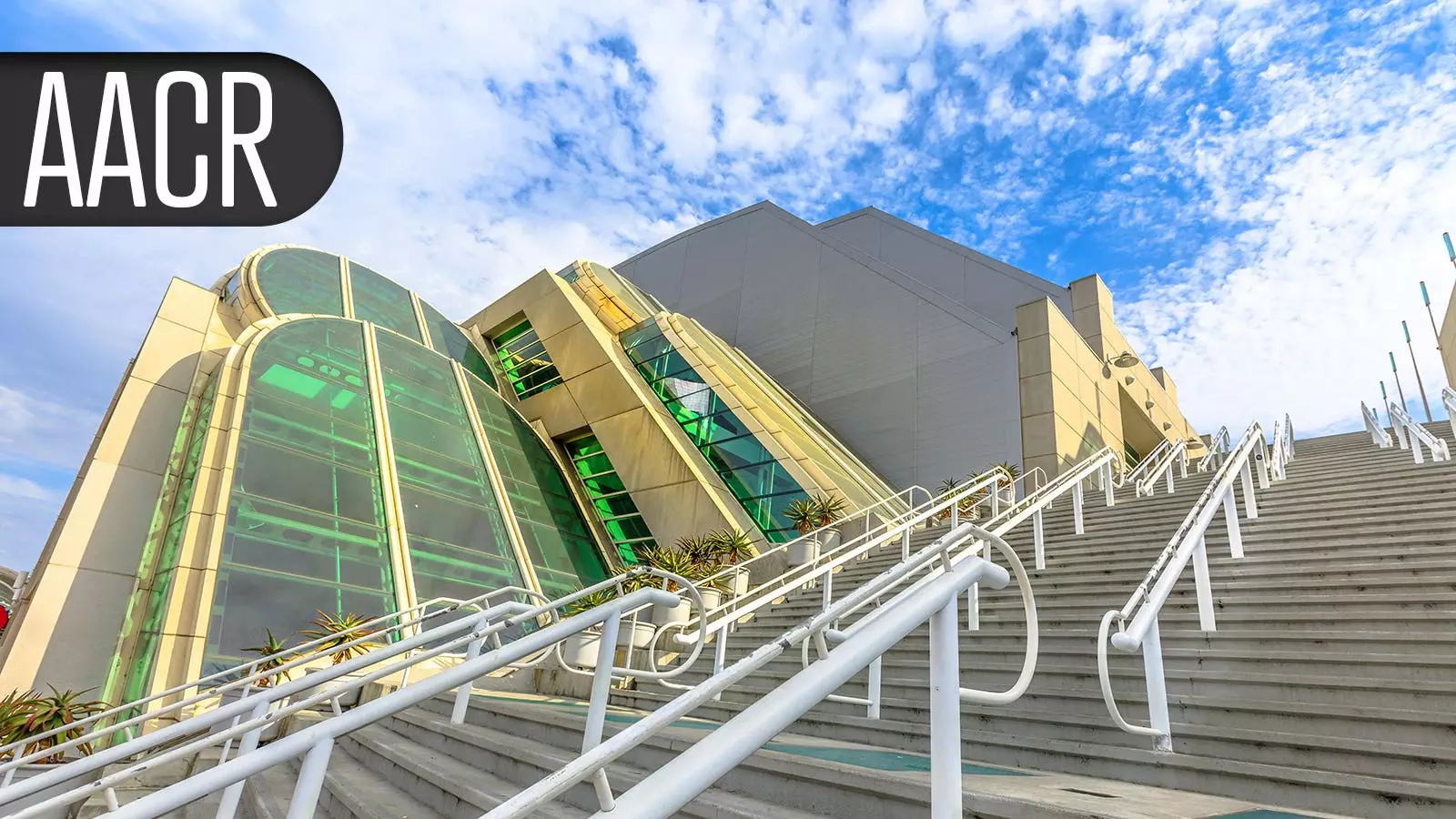Pancreatic cancer is a devastating disease with few effective treatment options, particularly for patients with borderline resectable tumors. However, a recent small pilot study presented at the American Association for Cancer Research (AACR) annual meeting in San Diego suggests a potential breakthrough in the form of a preoperative combination of chemotherapy and immunotherapy.
The phase I/II trial involved neoadjuvant treatment with modified FOLFIRINOX plus nivolumab and showed encouraging results. The treatment was associated with favorable rates of R0 resection, a median progression-free survival of 21.9 months, and a median overall survival of 34.6 months. Notably, patients who successfully underwent surgery experienced even longer survival outcomes.
The study’s findings have significant implications for the treatment of borderline resectable pancreatic cancer. While previous studies of chemotherapy and immunotherapy in the metastatic setting have been largely unsuccessful, this trial suggests that these drugs may have a more significant impact when used earlier in the disease course. The high rate of R0 resections and favorable survival outcomes indicate the potential of this approach to improve outcomes for patients with borderline resectable tumors.
One of the key challenges highlighted by lead researcher Dr. Zev Wainberg is the introduction of neoadjuvant therapies in the treatment of pancreatic cancer. While adjuvant treatments for pancreatic cancer are notoriously difficult, the use of these drugs in the neoadjuvant setting could offer new hope for patients with borderline resectable disease. The study’s results suggest that moving these drugs to the front line of treatment may lead to improved progression-free and overall survival outcomes.
The impressive 79% resection rate in this trial stands in contrast to previous studies, further underscoring the potential of this treatment approach. The study’s focus on reducing recurrences through neoadjuvant therapy sets it apart from other trials and may hold the key to improving long-term outcomes for patients with borderline resectable pancreatic cancer.
The results of this small pilot study offer new hope for patients with borderline resectable pancreatic cancer. The combination of chemotherapy and immunotherapy as a preoperative treatment shows promising results in terms of survival and resection rates. Further research and larger trials will be needed to validate these findings and establish this approach as a standard of care for this challenging disease.


Leave a Reply